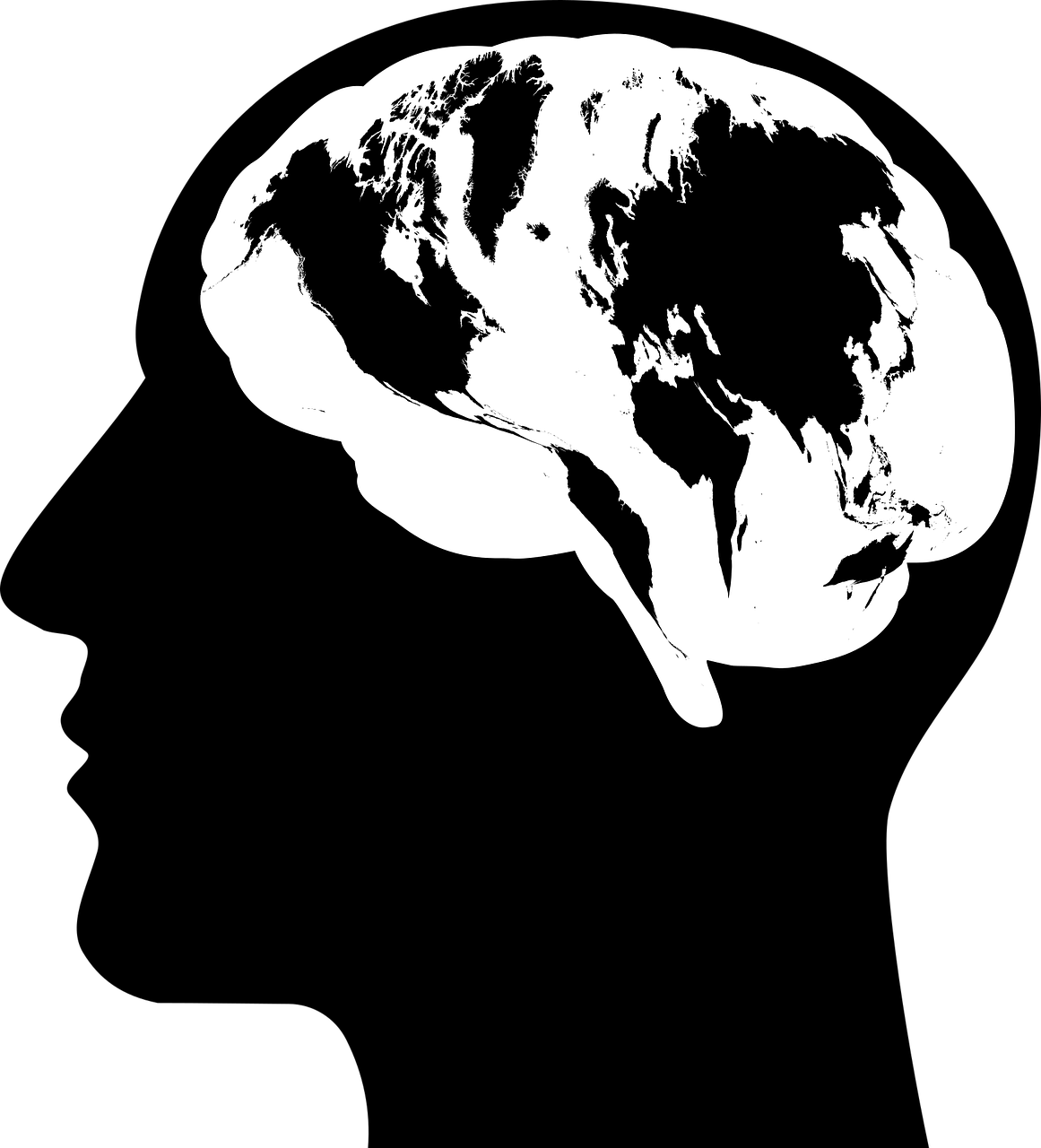New study by Tübingen researchers shows how learning processes in the brain shape our perception. A research team led by Professor Dr Markus Siegel from the Hertie Institute for Clinical Brain Research at the University of Tübingen has discovered that our brain constantly optimises its own perception of the world by learning from past experiences and making predictions about the future. The study, published in the journal Nature Communications, shows that the brain adapts its neuronal structures so that it can react better to the patterns and regularities in our environment. This predictive learning could help us to process information faster and find our way around more easily in everyday life.
Tübingen, November 11, 2024 The researchers are using magnetoencephalography (MEG) in the study. MEG makes it possible to measure human brain activity non-invasively by recording the magnetic fields generated by brain activity outside the head. During the MEG measurement, the participants heard a series of sounds with different structures. The researchers then analysed how the brain processes and represents this acoustic information. They found that by learning the sound patterns, the brain changed its ‘internal map’ of sounds: similar or predictable sounds were grouped and summarised in the brain, making processing more efficient.
What was particularly surprising was that a network of sensory and higher associative brain regions work together to recognise and correct prediction errors. This means that different areas of the brain work together to actively ‘understand’ the environment and learn what might happen next.
‘Our results show that the brain does much more than just process information – it constantly builds a kind of model of the environment that it adapts to reality,’ says Dr Antonino Greco, first author of the study. ‘This could help to explain why we are particularly efficient in familiar environments or with familiar tasks,’ explains co-author Professor Dr Hubert Preissl.
This research offers new insights that are not only relevant to neuroscience, but could also have applications in areas such as education and mental health. For example, this knowledge could be helpful in the development of learning strategies or in the treatment of sensory perception disorders.
The study impressively illustrates how flexible and adaptable our brains are – a fascinating characteristic that significantly shapes our everyday lives and our perception of the world.
Originalpublication:
Greco A, Moser J, Preissl H, Siegel M (2024) Predictive learning shapes the representational geometry of the human brain. Nature Communications 15:9670
(https://doi.org/10.1038/s41467-024-54032-4)
Imagesource Gordon Johnson Pixabay, World in Brain



Schreibe einen Kommentar